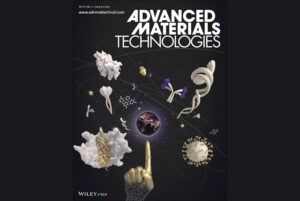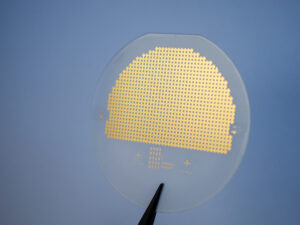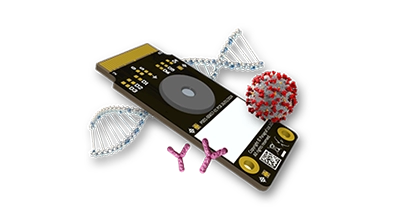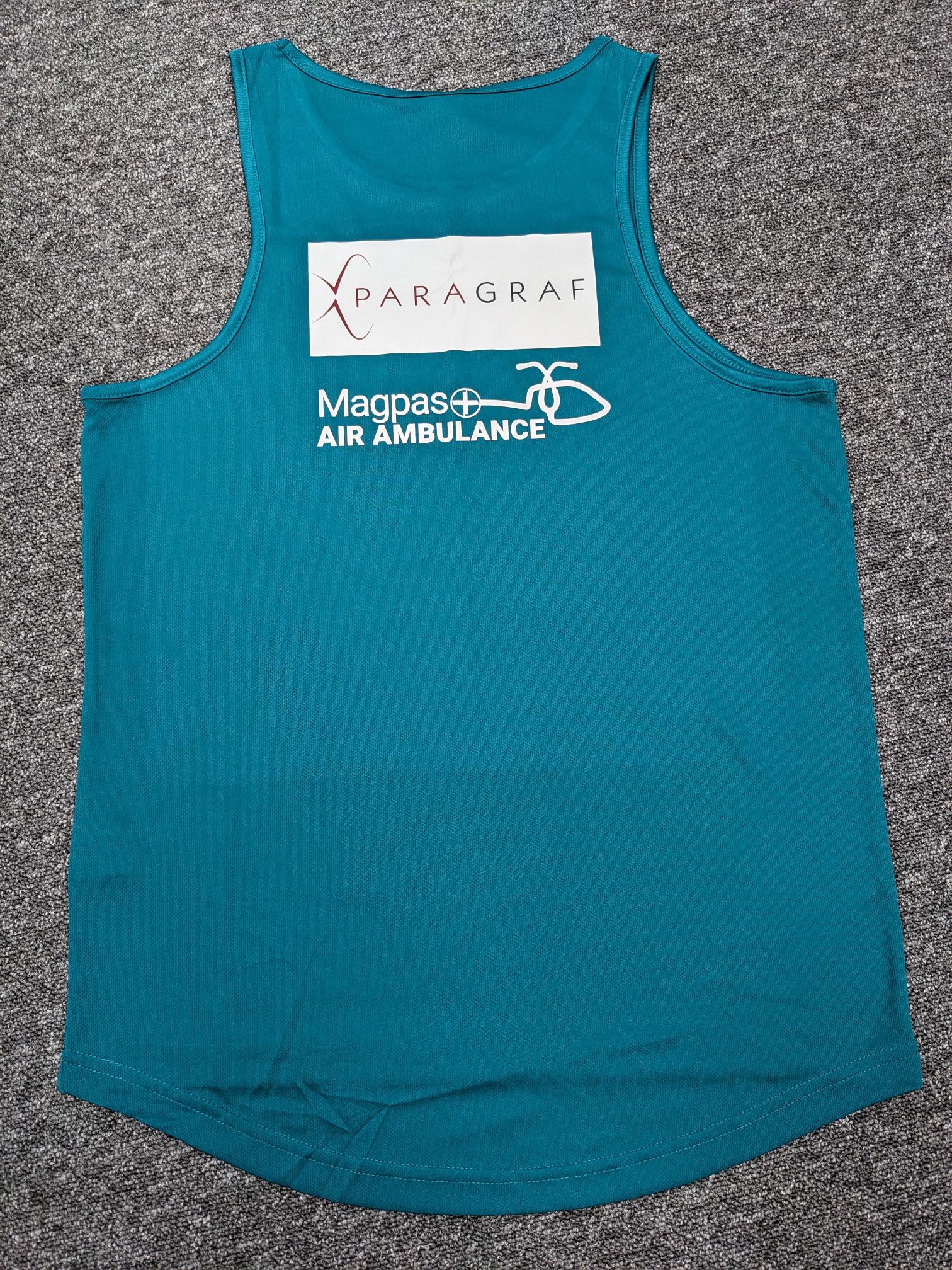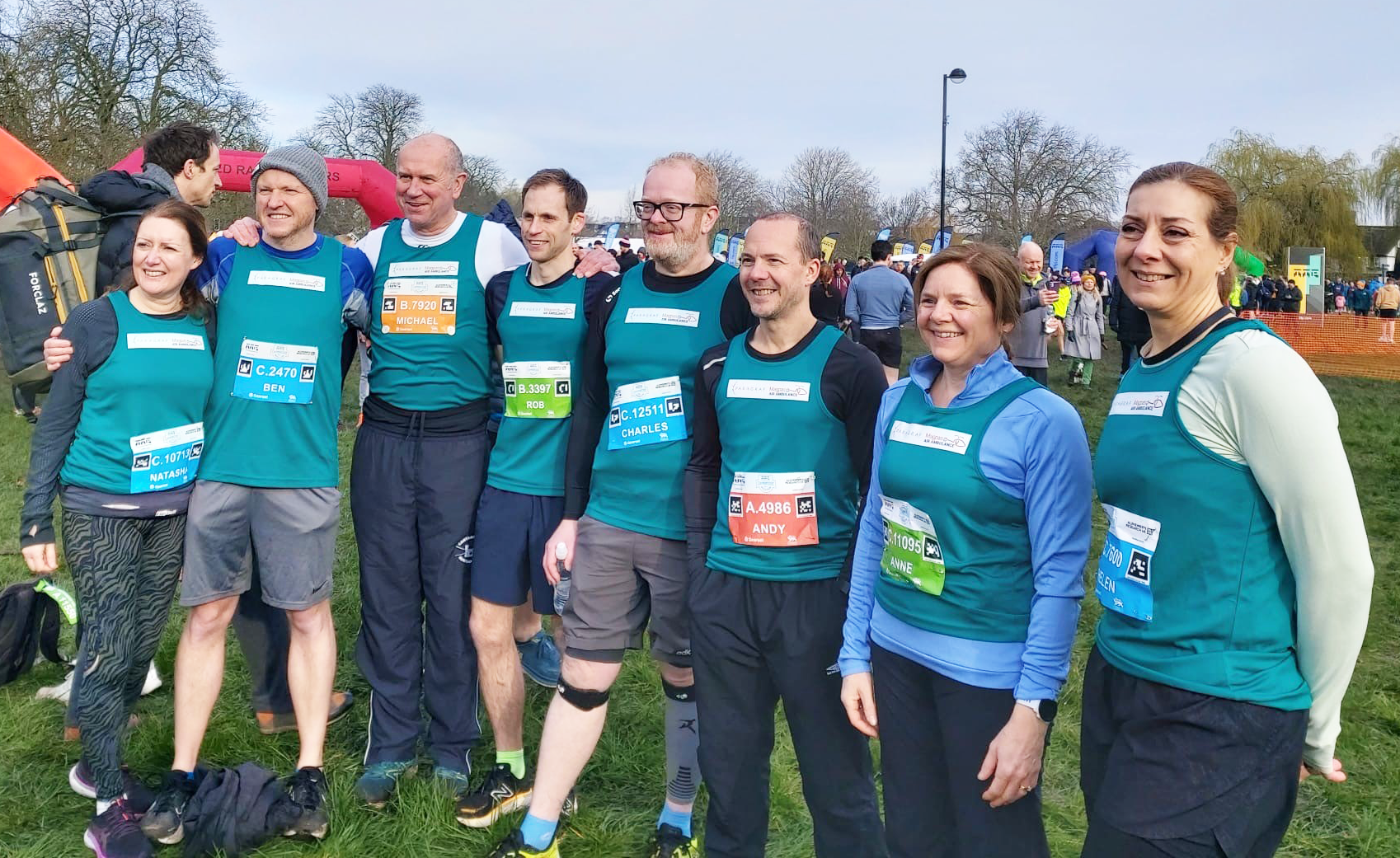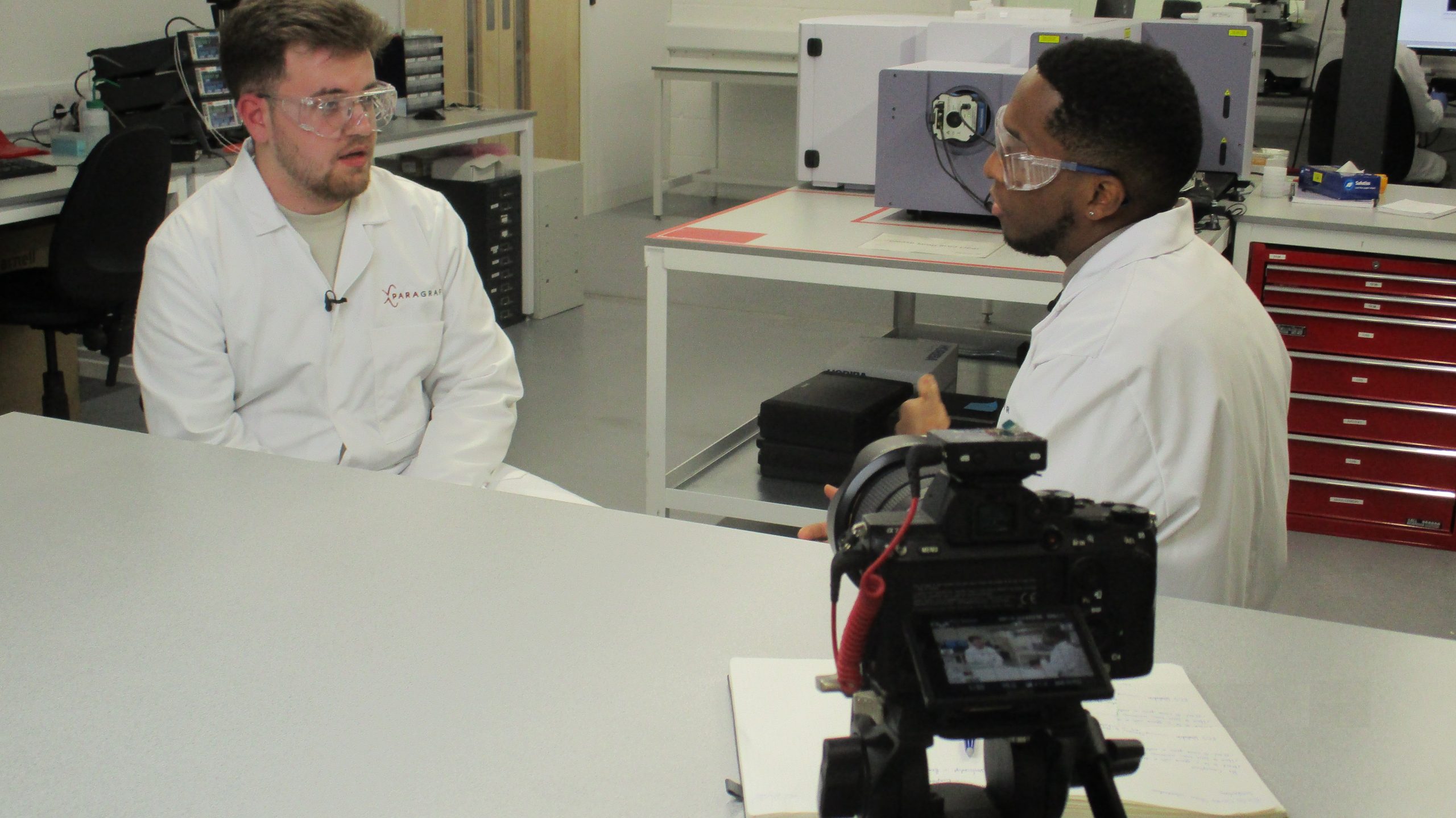Today, DARPA, Siemens, US ARMY, Georgia Tech Research Institute, and Paragraf – through recently acquired Cardea Bio, now Paragraf San Diego – presented novel multiomics capabilities, by detection of both protein and RNA biosignals simultaneously on a single graphene-based biosensor.
This scientific breakthrough was recently published as a cover story in Advanced Materials Technology, marking the first public demonstration of this novel methodology for multiomics. The paper, A Single Multiomics Transistor for Electronic Detection of SARS-Cov2 Variants Antigen and Viral RNA Without Amplification, is the first in the world demonstrating the capability to detect both protein and RNA biosignals in a COVID-19 based experiment where both the COVID wild type as well as the Omicron variant were successfully detected.
Dr. Kiana Aran, Chief Innovation Officer at Paragraf San Diego, states; “Having a single technology platform that can detect both protein and DNA/RNA biosignal analytes at the same time on a small-scale detection device, is a major technological advancement. While it initially will impact when and where we can detect viral infections, with time it will also work for other types of diseases. This will enable new, better, and way faster diagnoses for any types of diseases or biothreats.”
Dr. Simon Thomas, CEO at Paragraf adds, “This project was initiated during the COVID-19 pandemic to foster technologies that could be rapidly deployed to detect new diseases, envisioning a flexible multiomics point of care detection platform for any future pandemics. Together with partners, our Paragraf team in San Diego successfully completed this initiative accomplishing the goal set out by DARPA. More importantly, this novel breakthrough combined with Paragraf’s unique ability to mass produce graphene-based electronics with standard semiconductor processes, marks the beginning of a new direction for what’s possible in point of care testing.”
“Up to this point, PCR has been the mainstay of DNA/RNA detection done at any scale. However, this technology has not been available as a convenient or rapid point of care resource. Along with that, antibody/antigen lateral flow tests are the go-to tools for rapid point of care protein detection, but on their own cannot provide the lab-level accuracy of PCR. The outcome of this multiomics project represents the first generation of a novel multiomics platform that – with comparable accuracy and specificity – can drive a new level of point of care disease detection. You can think of this as offering lab-level accuracy as well as the convenience and ease-of-use of lateral flow tests” concludes Dr. Tom Wilson, Chief Commercial Officer at Paragraf.
Paragraf’s novel multiomics methodology is based on their BPU (Biosignal Processing Unit) platform and is currently available for Research Use Only. Paragraf is actively recruiting early access partners to develop new applications on the platform. Academic as well as commercial entities interested in learning more about the platform and potentially becoming a partner, please complete the form below.
This post was originally published at https://www.cardeabio.com/news/multiomics-launch. Cardea Bio was acquired by Paragraf on 2 May 2023.

